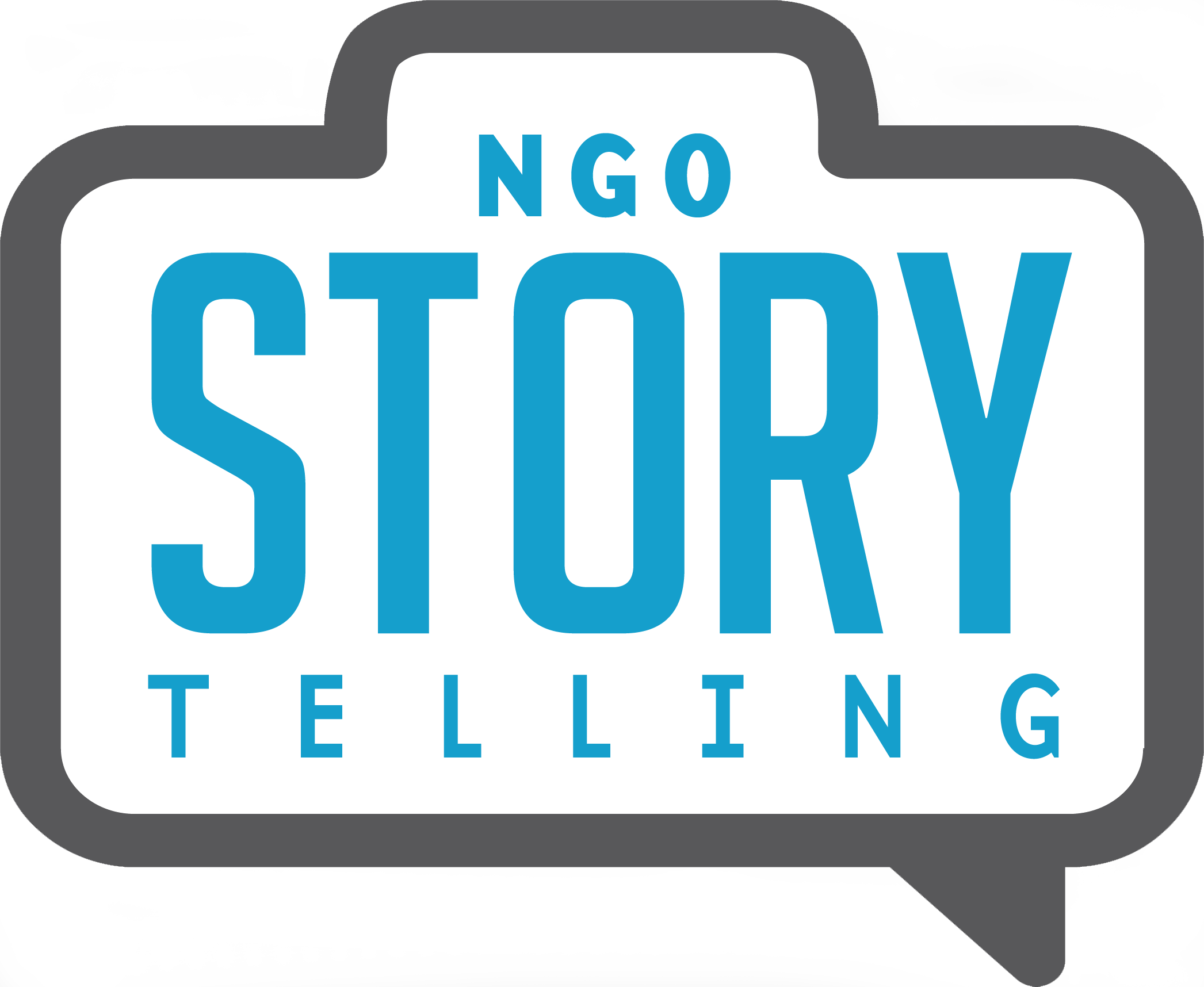My Path to a Humanitarian Photography Career (or What I Did When Photography Couldn't Pay the Bills)
(Writer's note: A version of this post first appeared on my personal blog.) Like most humanitarian photographers, I haven't always had steady work. In fact, I've worked all kinds of jobs to support myself while trying to build a business and confidence that I could make it as a photographer. Here’s a list of jobs I held between 2006 – 2008, when I was launching my photography career after two years of graduate school and one year on a fellowship. They’re listed in the order I landed the jobs:
Person setting up and breaking down a kiddie obstacle course
Person slicing up granola bars and handing them out at trade shows
Person handing out dietary supplement samples at a food and music festival
Part-time receptionist at a dental school (quit after eight months)
Full-time photographer for a small studio (laid off after four months)
Freelance photographer at a mid-sized newspaper
Part-time substitute teacher
Adjunct photography instructor at a community college
Waitress (fired after two weeks)
Freelance photographer for a couple NGOs
I wrote this list to show that sometimes you have to take work outside your field to pay your bills – and there’s absolutely nothing wrong with that. In fact, it's a luxury to even have the choice of working in a job you love.
But when I held many of the jobs listed above, I did feel something was wrong. I felt ashamed that I couldn’t make it as a photographer, something I thought was my calling, especially when other photographers I knew seemed busy and successful. Everyone says the photo industry is hard. Then why don’t we talk about what we do when the going gets hard – i.e. how we get by when photography skills alone can’t pay our bills?
If I’d been on Facebook back in 2006-2008, I’d probably have felt even more depressed than I already did.
I applied for almost 100 photojournalism jobs in eight months and got three interviews, no offers. I'd been a successful business reporter before pursuing photography, and now I was living with my parents for the first time in 12 years in an area of the country where I had no friends. One cold winter’s night, when it became clear I wasn’t going to get a job for which I’d been told I was a frontrunner, I went for a 3-mile run at 9 p.m., sobbing the whole time.
“Why did I switch from business reporting to photography?” I screamed in my head. “Why did I think I could be a photographer?”
I was hungry for photo experience. I thought of applying for an unpaid internship or volunteer job, but it was out of the question. I had bills to pay: car loan, car insurance, gas, school loan, food, camera equipment, photo paper and ink (why did some job applications still require print portfolios???), and a big, unexpected medical bill from the previous year. True, my parents did graciously allow me to live in their home for several months (thanks, Mom and Dad!), but I paid them a small rent. They couldn’t help me financially, and I didn’t expect them to. All my work had to be compensated.
So non-photo jobs paid my bills for two years. I pursued my own photo projects and sought career guidance everywhere. I began to feel pulled toward being more of an advocate for issues I cared about rather than an objective journalist, so I cold-called a local charity working with homeless mothers and children to get them back on their feet. I volunteered to shoot family portraits. Through the charity I met Aasima, a young mother who allowed me to document her life for a week as part of a photo workshop. One of my pictures won best of the workshop, which led to regular freelance work for the excellent local paper. A two-year college asked me to teach a photo course. My confidence grew, and after I saved a couple thousand dollars, I moved to Washington, D.C., where I knew I'd have more opportunities for nonprofit photography.
When I was living through those two years, especially the first year, I felt awful. I wish I could say I was grateful for what I had. I wasn’t.
But now I’m grateful for how much I learned, like how terrible receptionists get treated and how hard teachers work. I’d always thought of myself as an empathetic person, but my reserves of empathy and humility grew while working these non-photo jobs. I think that’s served me well as a photographer and as a human being. Also, I grew faster as a photographer during that time than any other, maybe because I was so desperate. I learned to separate my identity from my career. I learned comparing myself to others is no good. Every career has its ups and downs. I’m OK with that.
Photo caption: Aasima Hajja Spruill rides the bus with her children Avemaria, 4, and Zaheir, 2, in Norfolk, Va. © Laura Elizabeth Pohl
